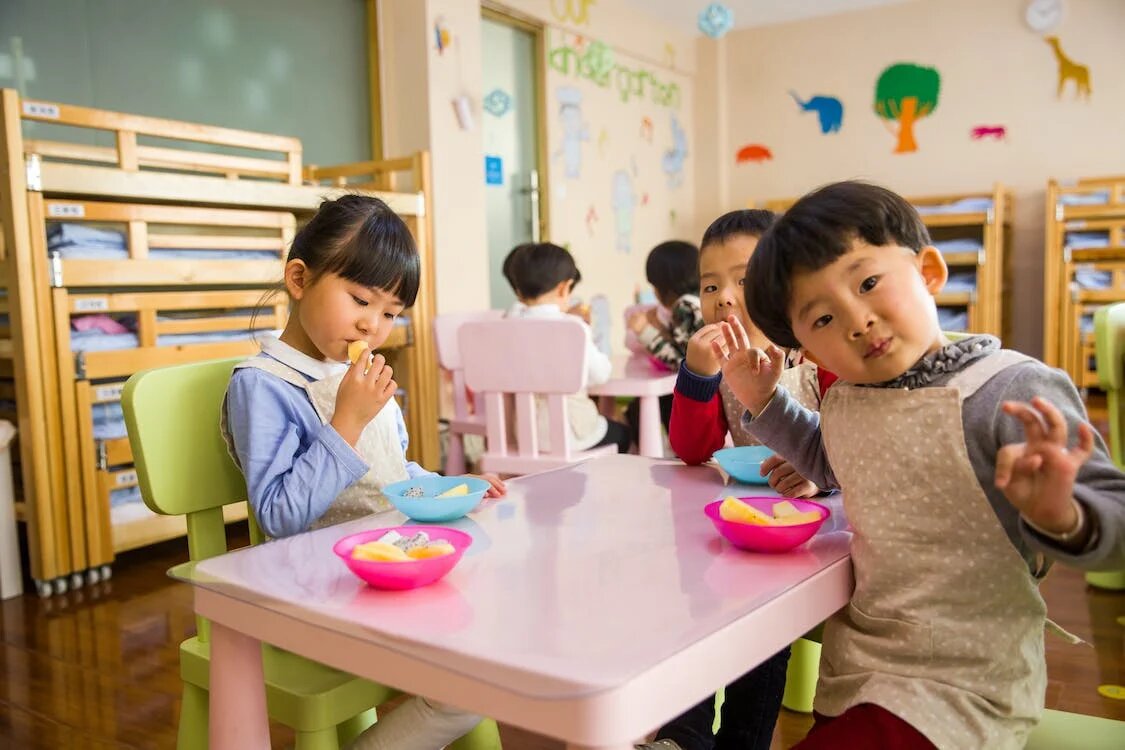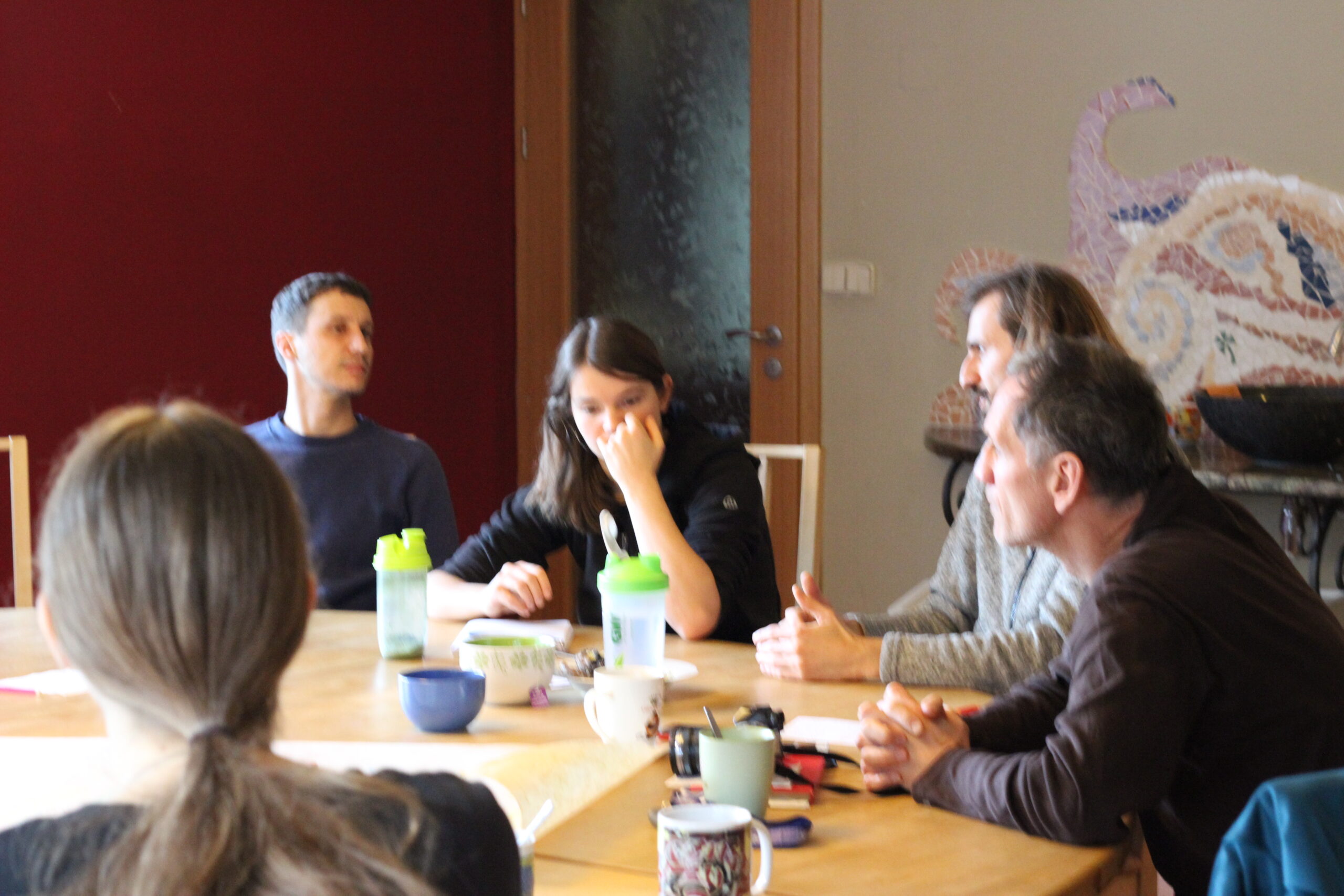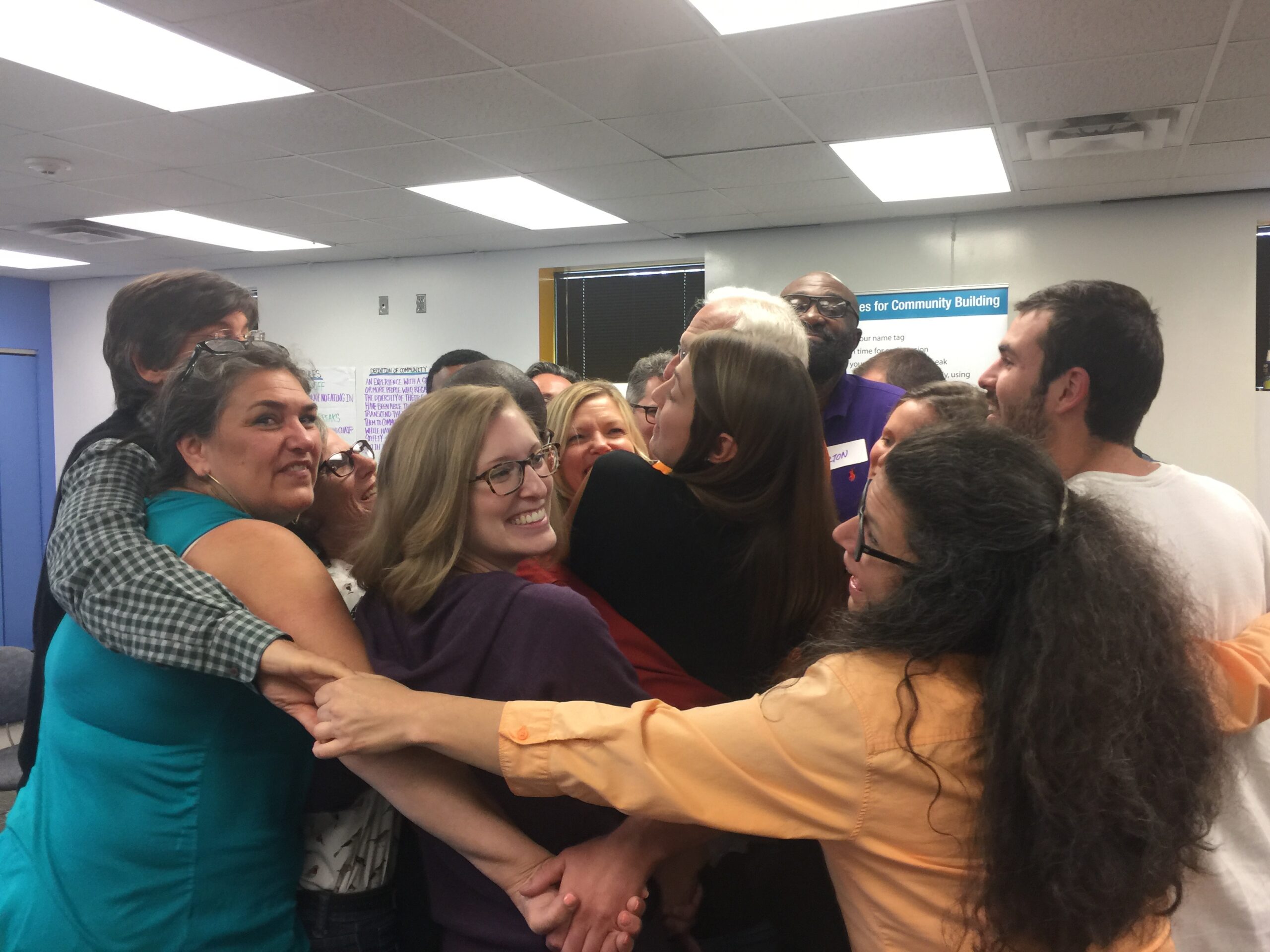Academia & Education

How We Help

Common Needs
Emotional Intelligence
Student Mental Health
Student Satisfaction
Student Onboarding/Orientation
Group/Team Development and Effectiveness

Challenges
Trauma resolution
Student Isolation
Student Burnout
Improving outcomes

Aspirations
Ideal Classroom/Learning Environments
Connection/Teamwork in Cohort Groups and Classes
Community Building as Group/Team Mindfulness
Community Building as Group Contemplative Practice
Classroom Community
Curricula for Social Work, Psychology Departments
Committing to Growth
A fundamental principle of Community Building is inclusivity, we welcome all who wish to participate. At the same time, Community Building is not for everyone. There is an old saying: What you put into something is what you get out of it. Community Building asks you to invest yourself in the process and commit to:
-
- Self-reflection and discovery
- Learning together
- Depth of communication
- Taking risks when appropriate
- Willingness to “hang in there” and “trust the process”
Now, that you know the kind of individuals that we serve and work with, and the needs and aspirations we help them address, learn more about our Programs and Services.
Testimonials
Research
The importance of social connection and community
From 2023 USA Surgeon General Report:
Social connection is a significant predictor of longevity and better physical, cognitive, and mental health, while isolation and loneliness are significant predictors of premature death and poor health.
Lacking social connection can increase the risk for premature death as much as smoking up to 15 cigarettes a day.
Let's Connect!
The benefits of social connection… influence an individual’s educational attainment, workplace satisfaction, economic prosperity, and overall feelings of well-being and life fulfillment.
Social isolation is arguably the strongest and most reliable predictor of suicidal behavior among samples varying in age, nationality, and clinical severity.
Loneliness and social isolation among children and adolescents increase the risk of depression and anxiety.
Almost half of Americans (49%) in 2021 reported having three or fewer close friends.
Research has shown that more connected communities enjoy higher levels of well-being.

THE LONELINESS EPIDEMIC
The rate of loneliness among young adults has increased every year between 1976 and 2019
Poor social relationships were associated with:
- 29% increase in the risk of heart disease
- 32% increase in the risk of stroke
- increased risk for anxiety, depression, and dementia
- increase susceptibility to viruses and respiratory illness
50% of adults in the U.S. reported being lonely in recent years — and that was even before COVID-19.
Lacking social connection and community… is associated with a significantly increased risk for early death from all causes.
A culture of connection is vital to creating the changes needed in society.

THE LONELINESS EPIDEMIC
Trust in each other and major institutions is at near historic lows. Levels of polarization are at near historic highs. These phenomena combine to have widespread effects on society.
Loneliness and isolation represent profound threats to our health and well-being. But we have the power to respond. By taking small steps every day to strengthen our relationships, and by supporting community efforts to rebuild social connection, we can rise to meet this moment together. We can build lives and communities that are healthier and happier. And we can ensure our country and the world are better poised than ever to take on the challenges that lay ahead. Our future depends on what we do today.
“The difficult thing is that vulnerability is the first thing I look for in you and the last thing I'm willing to show you. In you, it's courage and daring. In me, it's weakness. When you shut down vulnerability, you shut down opportunity. Vulnerability is the birthplace of innovation, creativity and change.” – Brene Brown
